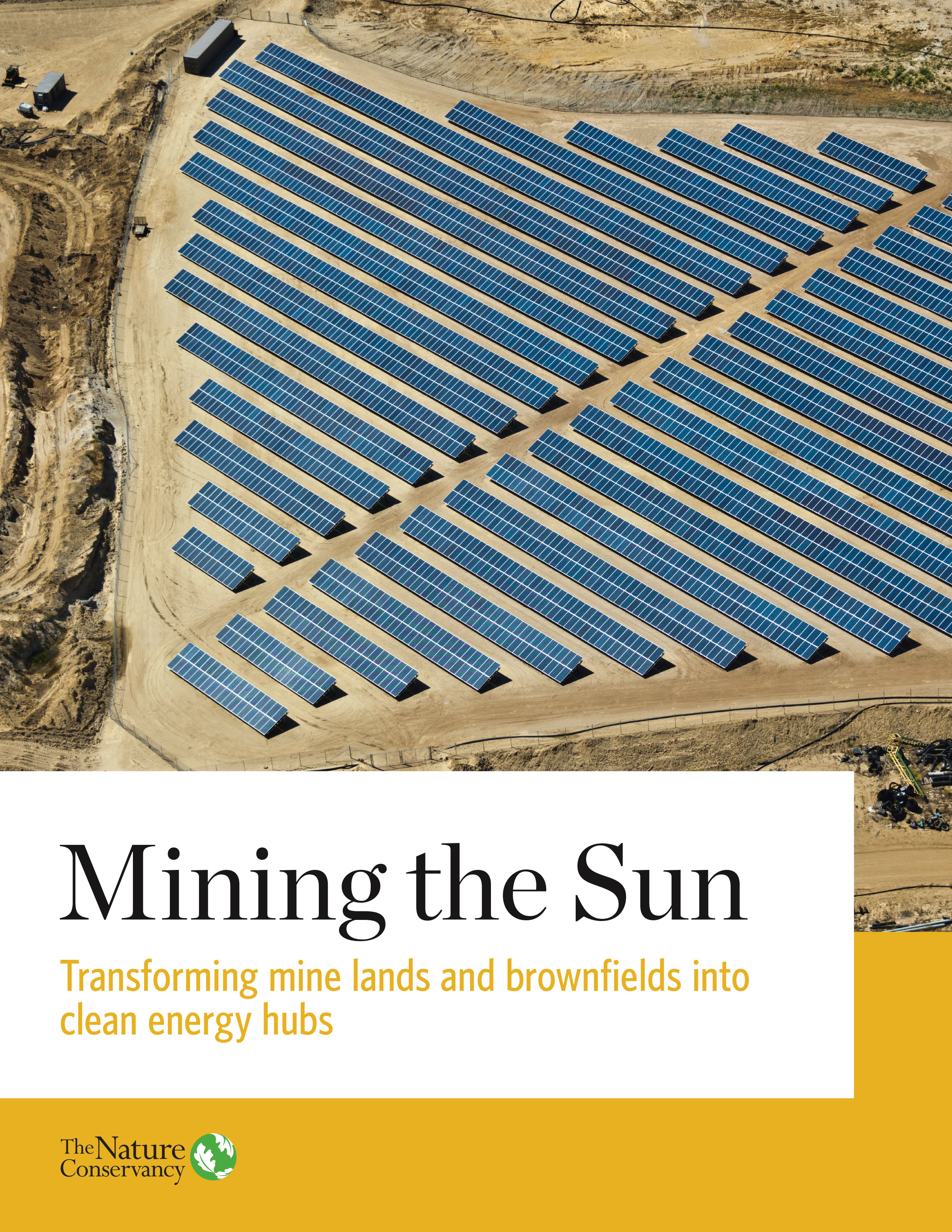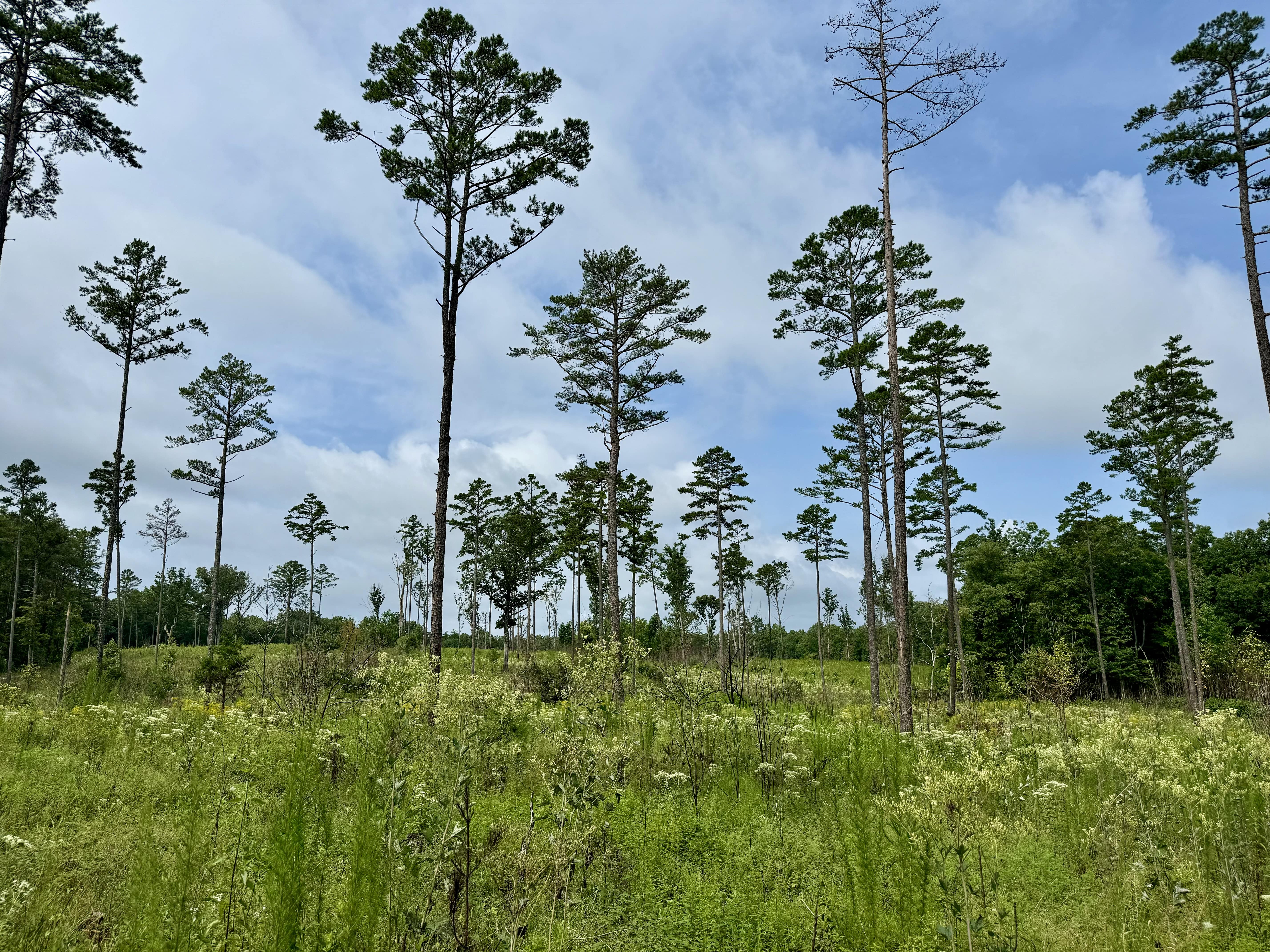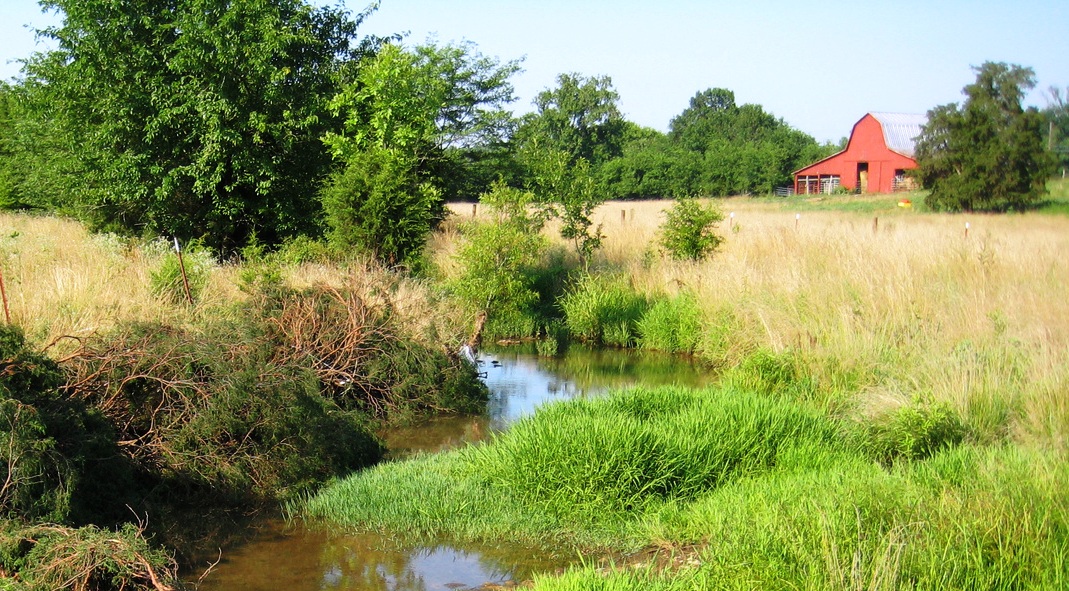Tennessee Climate Action
Our projects demonstrate the economic and ecological benefits of building climate resiliency.
Fulfilling The Nature Conservancy's mission to conserve the lands and waters on which all life depends in Tennessee means building resilience to ensure a livable climate for humans and wildlife. This work aligns with TNC’s global climate action goals of reducing or storing 3 billion metric tons of carbon annually and helping 100 million people at severe risk of climate-related emergencies.
Our climate work in Tennessee focuses on natural climate solutions, renewable energy transitions and carbon emissions reductions. We work with government agencies, utilities, industry and citizens to support renewable energy and reduce greenhouse gas emissions. By engaging forest landowners, utilizing carbon markets and improving forest management, we aim to harness the power of Tennessee’s forests to advance natural climate solutions.
By The Numbers
-
18
from 82 days between billion $ disasters in U.S. since 1980s
-
11/36
miles (north)/feet (higher) wildlife range shift per decade
-
17 X
clean energy goals met by deploying new infrastructure
Reduce Emissions
Our staff and partners in Tennessee are teaming up with peers in Virginia and Kentucky to increase the pace of renewable energy development at the 253,000-acre Cumberland Forest Project, one of the largest-ever conservation efforts ever pursued by TNC in the eastern United States. Tackling renewable energy projects throughout this vast landscape – in areas formerly dedicated to coal mining – provides an opportunity to leave surrounding forests alone to store and sequester carbon and support wildlife. Fostering the renewable energy industry, in ways that align with conserving nature, will also secure a productive landscape that benefits local communities in the three states.
Sequester and Store Carbon
So much of preparing for a changing climate is tied to the health of our forests. Actively managing forests represents a critical approach to sequestering carbon from the atmosphere.
Areas with younger trees are the most effective at removing carbon from the atmosphere while they grow. These newer forests benefit from improvements to diversity and structure, including the introduction of climate-adapted tree species that scientists believe will be better suited to future conditions.
Meanwhile, a mature forest dominated by older trees is especially effective at storing carbon removed from the atmosphere in previous years during periods of more rapid growth. These established forests exhibit characteristics of resilience such as a variation in tree sizes and ages, a diversity of species, ample deadwood and a complex structure.
Build Resilience
TNC is involved in multiple state and national programs to help forest owners implement sustainable forest management practices that result in healthier forests, higher-quality timber, improved wildlife habitat and increased carbon storage. These programs promote responsible management of forest resources while supporting local economies and conserving plant and animal species diversity. Specifically, the Family Forest Carbon Program (FFCP) enables private forest owners across 15 states – including in Tennessee – to access the voluntary carbon market, providing landowners with income they can use toward forest management costs or to help pay property taxes.
Quote: Laura Marx

By doing things a little differently, landowners are able to generate income from the program and produce wood products, while ensuring that their forests maintain their carbon-absorbing power.
Climate-Forward Policy
TNC fosters bipartisan support to advance clean energy transitions and natural climate solutions with local, state and federal government agencies and legislators. We work across party lines to build relationships with lawmakers, identify opportunities to overcome political polarization and provide science-based information to help guide legislative action for climate-smart policies.







